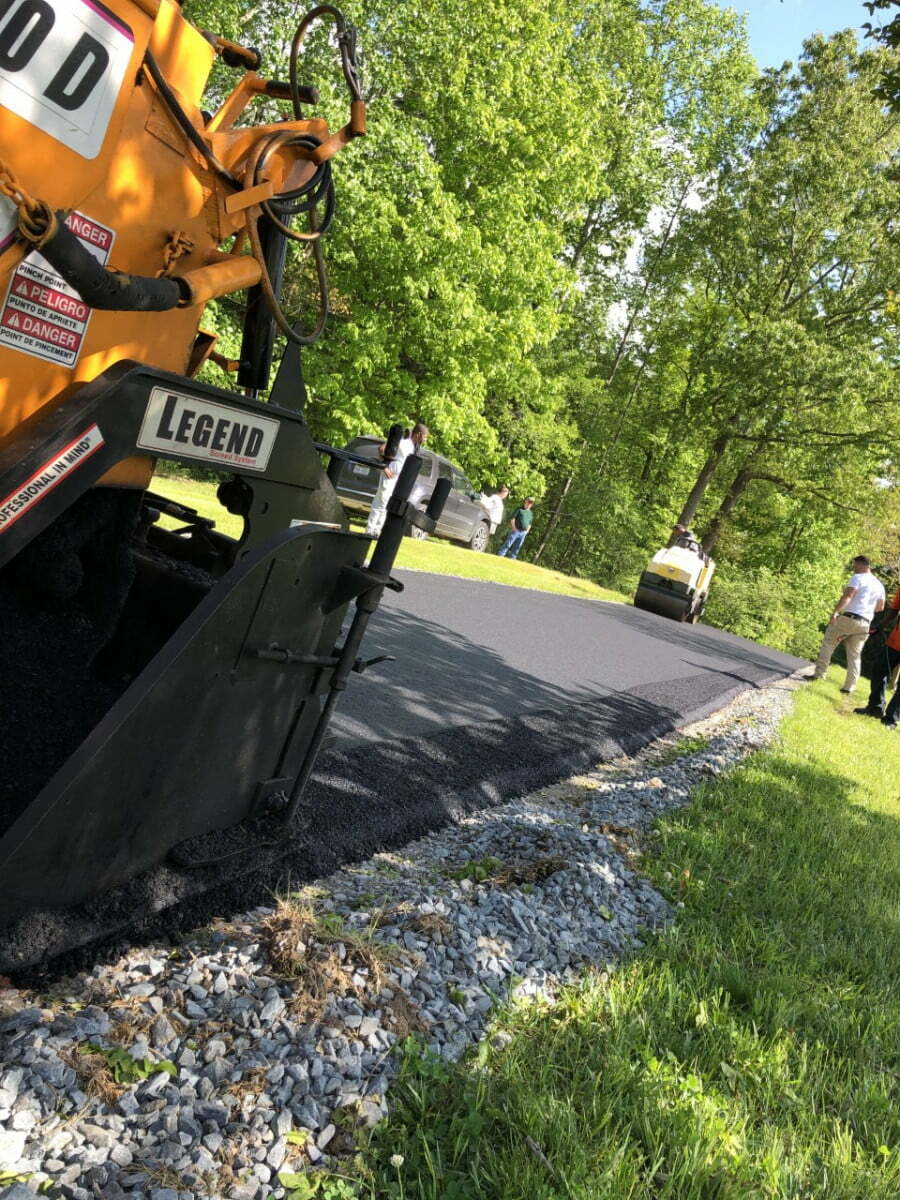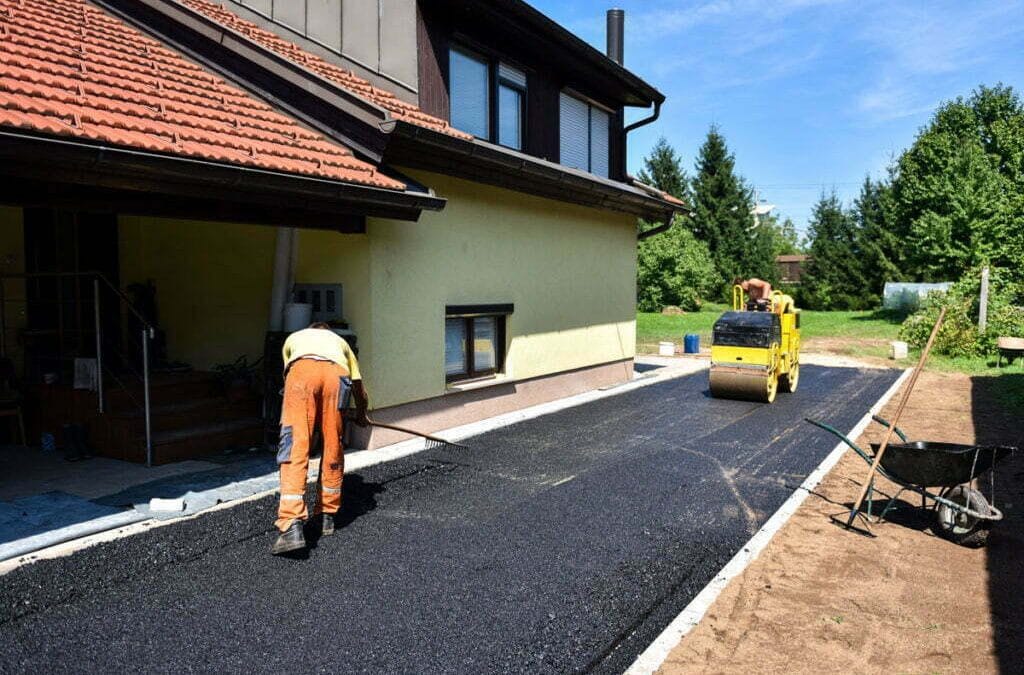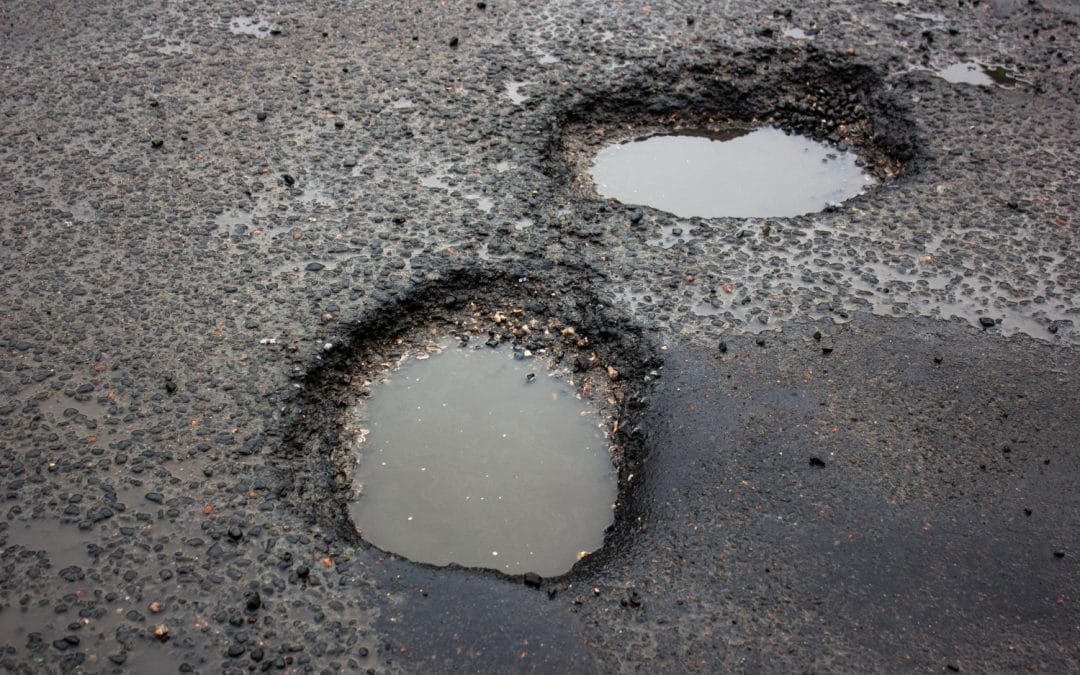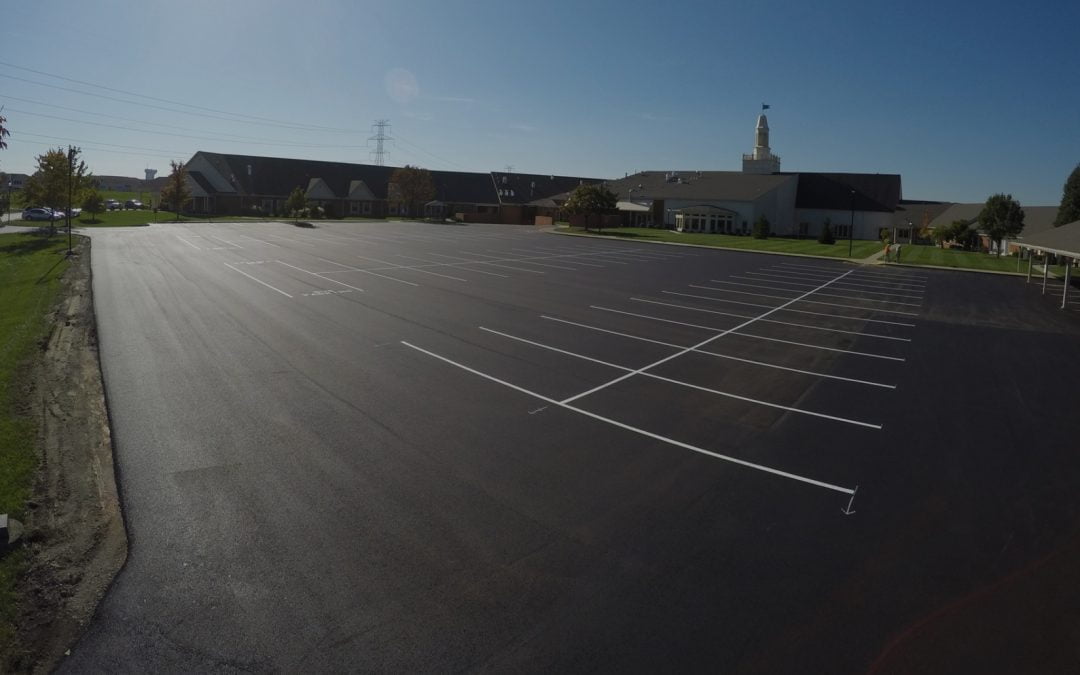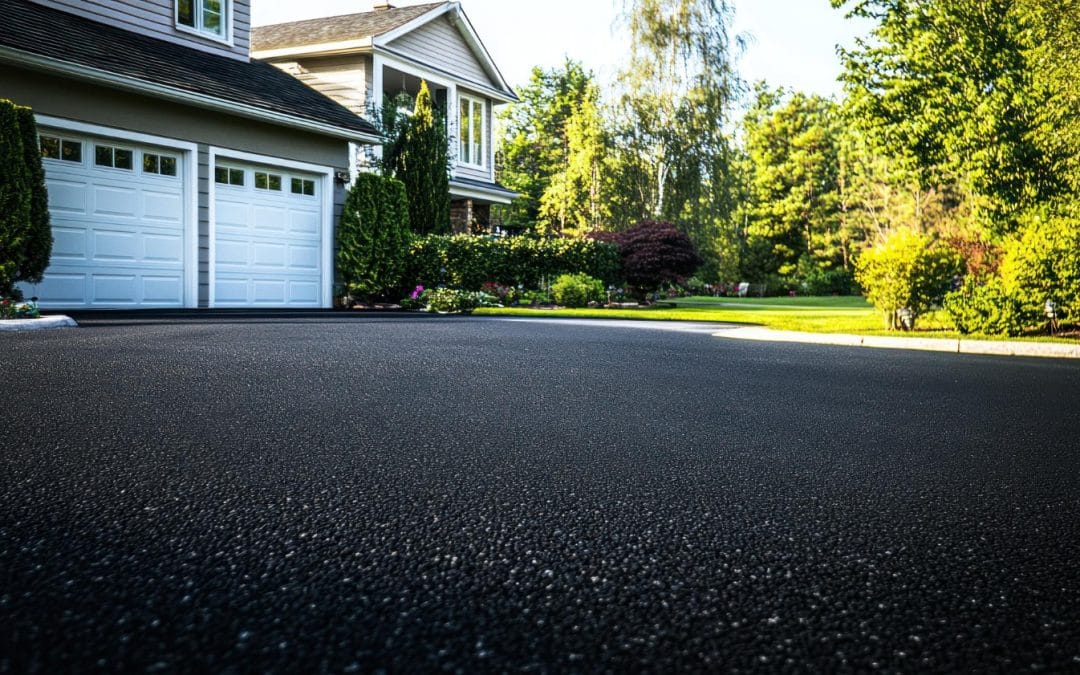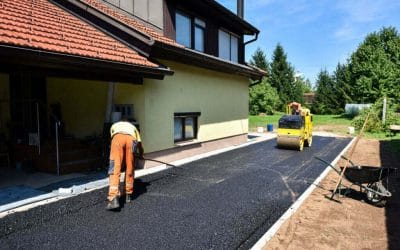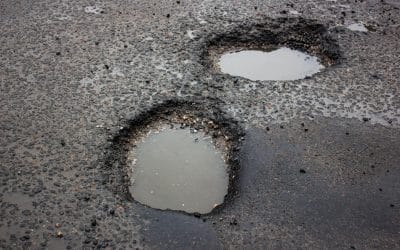If you’ve ever wondered, “How much does asphalt paving cost?”—you’re not alone. Whether you’re considering resurfacing your driveway or planning to pave a new parking lot for your business, understanding the costs involved in asphalt paving can help you make informed decisions. While asphalt remains one of the most cost-effective paving materials, several factors can influence the final price. In this blog, we’ll break down the average costs, what impacts the pricing, and how you can budget for your next project.
The Basics: What is Asphalt Paving?
Before diving into the cost, it’s important to understand what asphalt paving entails. Asphalt is a mixture of aggregates like crushed stone, sand, and gravel, combined with a binder—bitumen. This mixture is heated and poured onto a prepared surface, where it’s compacted and smoothed to create a durable, weather-resistant pavement.
From driveway paving to parking lot paving, asphalt is widely used for its cost-efficiency, flexibility, and durability. But how much should you expect to pay?
Factors that Impact Asphalt Paving Costs
There isn’t a one-size-fits-all answer to the question of asphalt paving cost, as various factors influence the final price. Let’s take a look at the most important considerations:
1. Size of the Project
The overall size of the area to be paved has a significant impact on cost. Naturally, larger projects—like parking lot paving—will cost more than smaller residential driveways.
- Driveway paving cost typically ranges between $2,000 and $7,000, depending on the length and width.
- Parking lot paving cost can vary widely based on the square footage, but you’re generally looking at around $2 to $6 per square foot.
For example, a 500-square-foot driveway could cost between $1,000 and $3,000, whereas paving a commercial parking lot might range from $10,000 to $50,000 or more, depending on size and complexity.
2. Depth and Thickness of Asphalt
Another key factor is the thickness of the asphalt layer. Standard driveway paving generally uses 2-3 inches of asphalt, while commercial parking lots might require a thicker layer (4-6 inches) to handle heavier vehicles.
Thicker layers require more material and labor, leading to higher costs. According to experts, increasing the asphalt depth from 2 to 4 inches can nearly double the material cost, making it important to choose the right thickness for your specific use case.
3. Site Preparation
Site preparation is critical to the success of any asphalt paving project. This phase includes grading, leveling, and potentially removing old surfaces. If your site is uneven or requires significant excavation work, this will increase your overall costs.
If your site has existing pavement that needs to be removed (known as milling), you can expect to pay around $1 to $3 per square foot for removal. New construction sites may also need additional work to prepare the ground for asphalt, such as grading and adding a base layer.
4. Material and Labor Costs
Asphalt is generally less expensive than other materials like concrete, but costs can still fluctuate based on the quality of asphalt used. The price of materials can vary depending on your location and the local availability of asphalt.
Labor costs also play a major role. Asphalt paving contractors typically charge per square foot or by the hour, and this rate can vary depending on the region and the complexity of the job. Labor costs may range from $5 to $10 per square foot or higher, depending on the scope of the project.
5. Geographical Location
Where you live also plays a role in the overall asphalt paving cost. Costs tend to be higher in urban areas or regions with a higher cost of living. Additionally, the climate in your region could influence the pricing. For instance, in colder climates, asphalt needs to be more durable to withstand freezing and thawing, which might increase the cost of materials.
6. Sealing and Maintenance
Once your asphalt is laid, you’ll need to budget for sealing and ongoing maintenance. Sealing helps extend the life of your asphalt and can cost between $0.15 to $0.25 per square foot. Regular seal coating, crack filling, and patching can add a few hundred dollars to your long-term investment, but they’re essential for preserving the surface and preventing costly repairs.
Real-Life Example: Calculating Asphalt Paving Costs
Let’s consider a real-world scenario. Suppose you need to pave a 600-square-foot driveway with 3 inches of asphalt. Here’s a breakdown of what you might expect:
- Base cost of asphalt paving:
- $3 per square foot for a standard asphalt layer.
- Total: 600 sq. ft. x $3 = $1,800
- Site preparation:
- Grading and leveling: $500
- Total: $1,800 + $500 = $2,300
- Sealing after paving:
- $0.20 per square foot for seal coating.
- Total: 600 sq. ft. x $0.20 = $120
Total estimate: $2,300 + $120 = $2,420
Of course, these are rough estimates, and actual costs can vary based on the contractor you choose, the quality of materials, and other specific project factors.
Asphalt Paving: Is It Worth the Cost?
Now that we’ve broken down the asphalt paving cost, the big question is: Is it worth the investment? The answer depends on what you’re looking for in a paving material. Asphalt offers several benefits:
- Affordability: Compared to concrete, asphalt is typically more affordable and can be installed more quickly.
- Durability: When maintained properly, asphalt can last up to 20-30 years, making it a long-term investment.
- Low Maintenance: Asphalt requires occasional sealing and crack filling, but it’s relatively easy to maintain.
- Quick Installation: For homeowners or businesses who need a functional surface quickly, asphalt paving offers a shorter installation time than other materials.
Counterargument: What About Other Paving Options?
While asphalt paving is an excellent choice for many, it’s important to consider other options, such as concrete or gravel. Concrete is more durable in extremely hot climates but can be more expensive and takes longer to install. Gravel, on the other hand, is much cheaper but doesn’t offer the same smooth, polished look as asphalt or concrete.
Each option has its pros and cons, but for most driveways and parking lots, asphalt strikes the best balance between cost, durability, and maintenance.
Conclusion: How to Budget for Your Asphalt Paving Project
Whether you’re resurfacing a driveway or paving a parking lot, understanding the factors that impact the cost of asphalt paving will help you budget effectively. While prices can vary, asphalt remains one of the most cost-effective solutions for durable, smooth surfaces.
Before starting your project, it’s always a good idea to get multiple quotes from reputable contractors. By comparing costs and services, you can find the right balance between quality and affordability.
Remember, the true value of asphalt paving goes beyond the initial investment. When done right, it provides a lasting solution that enhances the functionality and curb appeal of your property.

